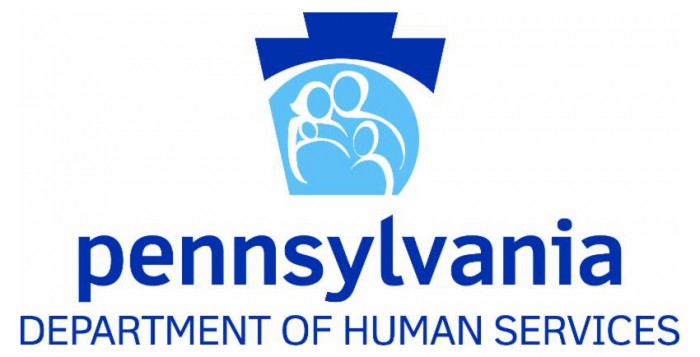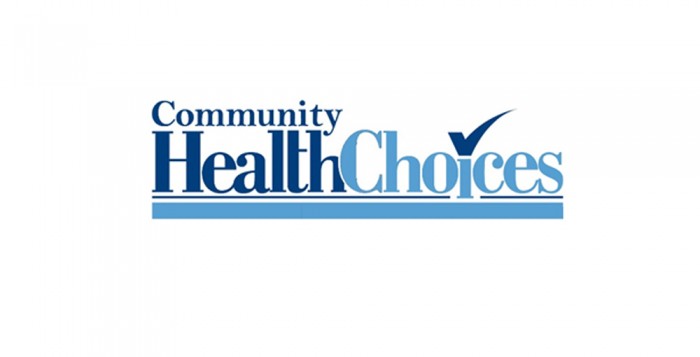Join MITC and RCPA on Thursday, June 1, 2017, 10:30 am, at Penn Grant Centre (RCPA) for a special presentation on Workforce Management Priorities for Physical Disabilities and Aging (PD&A) Division members.
MITC has over 25 years of experience working with agencies that serve individuals with disabilities and seniors. MITC has created solutions designed to help agencies operate more efficiently, including:
- Time and Attendance
- Staff & Client Scheduling
- HR Solutions
- Service Documentation
- EVV compliance and more!
MITC is pleased to be presenting on the morning of the upcoming PD&A Division meeting on how Pennsylvania providers can benefit from effective and efficient workforce management throughout their organizations. Learn about workforce management best practices for Home and Community-Based Services, how new regulations could impact your agency, and how to prepare for Community HealthChoices.
This presentation is also an opportunity for your organization to provide input to MITC about your workforce management challenges as you prepare for the transition to Managed Long-Term Services and Supports in Pennsylvania. We look forward to hearing from you!
Register now to join in on this educational and networking event. There will be a break for lunch on your own prior to the PD&A Division meeting at 1:00 pm. Register here for the PD&A Division meeting.
















